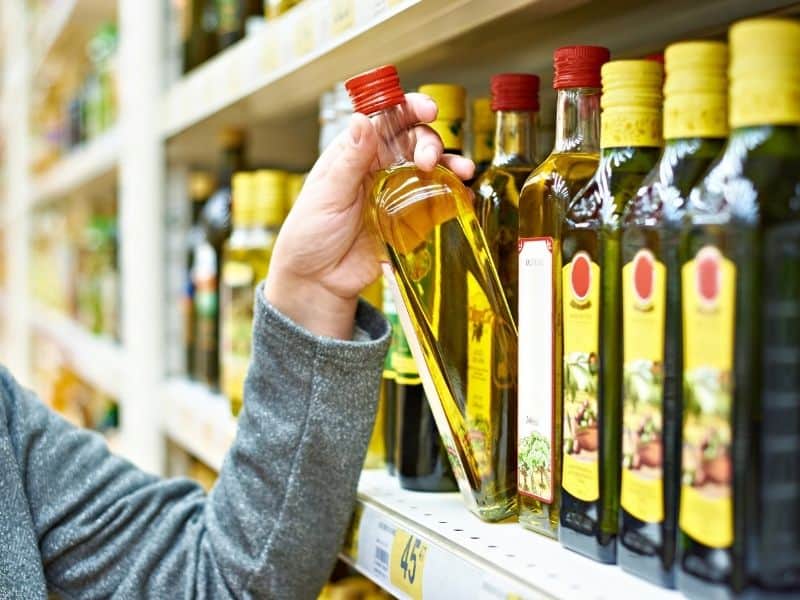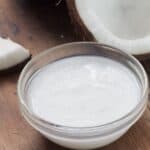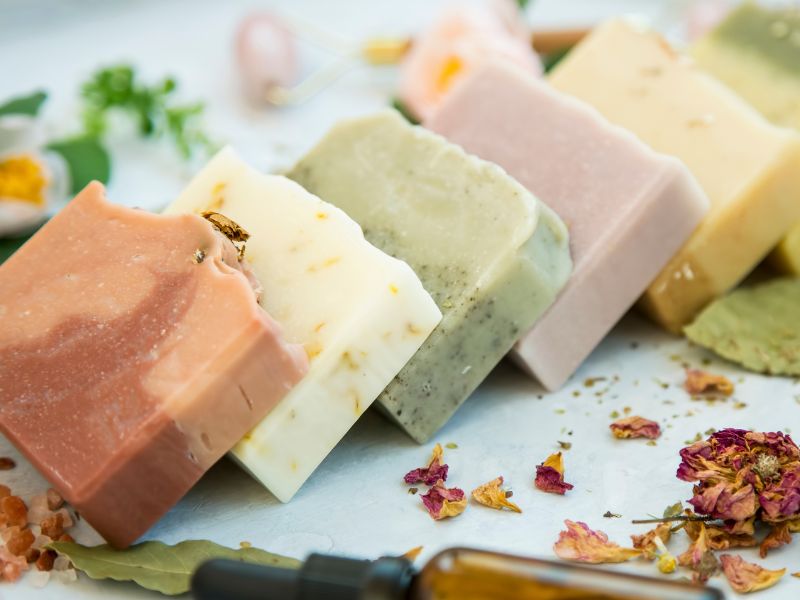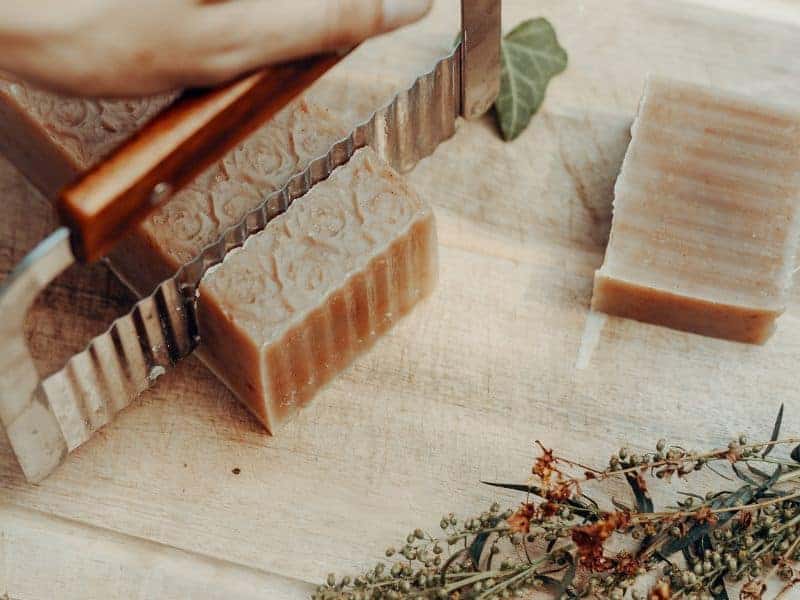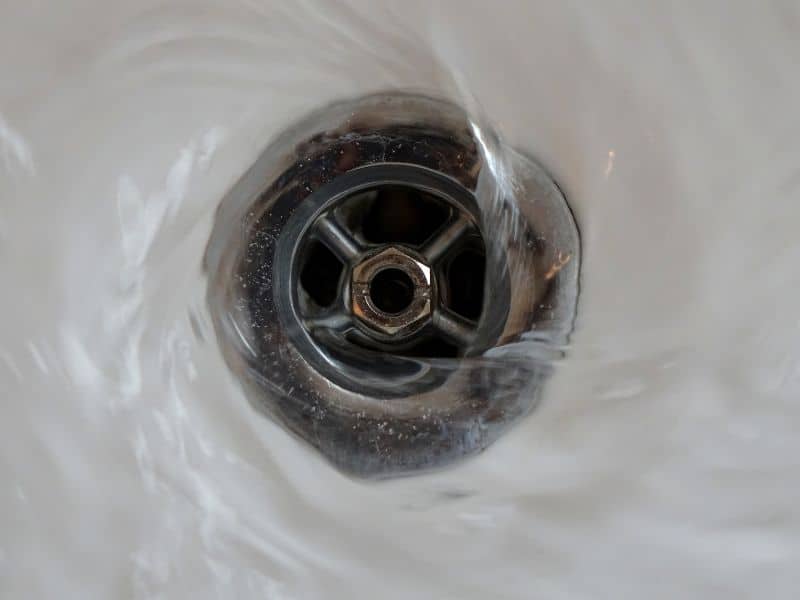Olive oil is a popular oil that has a wide variety of uses, one of them is to use olive oil for soap making. However, did you know that there are different types of olive oil? Let’s take a look at what type of olive oil you should use for soap making.
Refined olive oil is the most common kind of olive oil for soap making. Refined olive oil is derived from crushed olives and the oil is removed through chemical and mechanical extraction. The impurities are removed and the natural color and smell are reduced.
However, just because it is one of the most common does not necessarily mean that it is the best oil for your own specific soap-making needs. That will also depend on your target market and price point. It can also depend on your level of experience and if you are just starting to learn how to make soap.
Types of Olive Oil For Soap Making
Several different olive oils can be used for soap making, including extra virgin olive oil, organic olive oil, cold-pressed olive oil, and more. Let’s take a look.
Virgin Olive Oil
Virgin olive oil is considered the highest quality olive oil on the market. It comes from olives that have been ground and pressed without any chemicals or heat treatment, yielding an oil-rich flavor and nutrients.
Extra Virgin Olive Oil
Extra virgin olive oil is the olive oil that has been determined to have the most antioxidants and the least acidity. It also has a fruity, peppery taste.
Pomace Olive Oil
Pomace olive oil is made from olive residue that may have been chemically extracted. It can be a less expensive olive oil option for soap making, but it does not contain the same flavor or nutrients as other olive oils.
Pure Olive Oil
Pure olive oil is made from the cold-pressed olive fruit, but it has been blended with refined olive oils. It may be a less expensive olive oil option for soap making compared to other varieties, but its nutritional value will depend on the specific type of olive used.
Refined Olive Oil
As mentioned, refined olive oil is the most common olive oil used for soap making. It has a neutral flavor and aroma, making it an ideal choice if you want to create a more uniform product.
In summary, many different types of olive oil can be used for soap making, including virgin olive oil, extra virgin olive
Characteristics of Olive Oil Soap
Olive oil soap is known for its rich, moisturizing properties and mild cleansing action. The high content of fatty acids in olive oil gives olive oil soap its emollient quality, making it ideal for sensitive skin types that are prone to dryness and irritation.
Other characteristics of olive oil soap may include a creamy lather, a green or yellow color, and an earthy scent.
Pros and Cons of Using Olive Oil for Soap Making
There are both pros and cons to using olive oil for soap making.
Pros of Using Olive Oil for Soap Making
- It is a rich, moisturizing oil that is gentle on the skin.
- Olive oil soap produces a creamy lather and has an earthy scent.
- It may be more affordable than other types of olive oils due to its wide availability.
Cons of Using Olive Oil for Soap Making
- Some users may find olive oil soap to be too heavy or greasy for their skin type.
- It varies by olive quality, which can affect how well olive oil soap performs.
- Due to its neutral smell and taste, olive oil may not be the ideal choice for customers who prefer scented or fragranced soaps.
Benefits of Using Olive Oil for Soap Making
There are several benefits to using olive oil for soap making, including its moisturizing and cleansing properties, creamy lather, and earthy scent. Olive oil also offers a more affordable option for soap makers compared to other olive oils like extra virgin olive oil or pomace olive oil.
Overall, whether you choose to use olive oil for soap making will depend on your specific product needs as well as the preferences of your target market. Whether you’re looking for a rich olive flavor or an affordable price point, there is an olive oil option out there that can help you create the ideal product.
Where to Buy Olive Oil For Soap Making
Now that you know more about olive oil and soap making, you may be wondering where to buy olive oil for soap making.
- Local grocery store
- Online retailers
- Specialty craft stores
- Soap making and candle making stores
If you’re looking for the highest quality olive oil, you’ll want to purchase extra virgin olive oil or cold-pressed olive oil. These types of olive oils will be more expensive than other varieties, but they will also offer the best flavor and nutrients.
Organic olive oil is another option to consider if you’re looking for a high-quality product. This type of olive oil is made from olives that have been grown without the use of pesticides or other chemicals.
Olive Oil Alternatives for Soap Making
If olive oil isn’t the best option for your soap-making needs, there are a few other olive oil alternatives available.
For example, you can try:
- Coconut oil
- Castor oil
- Avocado oil
- Sunflower oil
Each of these olive oil alternatives has its own unique qualities and benefits, so be sure to carefully consider your product requirements before choosing an olive oil alternative for soap making.
With the right olive oil or olive oil alternative, you can create a high-quality, effective soap that is gentle on the skin and satisfies the needs of your target market.
At the end of the day, it all comes down to personal preference and product needs – so experiment with a variety of olive oils and olive oil alternatives to find what works best for you!
Does Olive Oil For Soap Expire?
Olive oil for soap making can last for up to two years if it is stored properly. However, olive oil may start to lose its flavor and nutrients after that time.
To extend the shelf life of olive oil, be sure to store it in a cool, dark place away from direct sunlight. You should also use an air-tight container or bottle to keep out oxygen and other contaminants that can cause olive oil to go bad.
For additional safety, you may also choose to use olive oil with a “best by” date, which can help you know when it is time to replace your olive oil.
Ultimately, the best way to tell if olive oil has gone bad is by its smell and taste. If olive oil smells rancid or tastes sour, it has most likely gone bad and should be replaced.
How to Store Olive Oil For Soap?
Once you have your olive oil for soap making, it’s important to store it properly to maintain its quality.
Store olive oil in a cool, dark place away from direct sunlight. This will help prevent the olive oils from becoming rancid or losing their nutrients and flavor.
You should also use an air-tight container or bottle to store olive oil. This will help to keep oxygen and other contaminants out, which can cause the olive oil to go bad.
If stored properly, olive oil can last for up to two years.
Frequently Asked Questions
Olive oil soap can last for up to two years if it is stored properly. However, olive oil may start to lose its flavor and nutrients after that time.
Yes, olive oil is a popular choice for soap making due to its moisturizing and cleansing properties, creamy lather, and earthy scent. Olive oil also offers a more affordable option for soap makers compared to other olive oils like extra virgin olive oil or pomace olive oil.
To extend the shelf life of olive oil, you should store it in a cool, dark place away from direct sunlight. You should also use an air-tight container or bottle to keep out oxygen and other contaminants that can cause olive oil to go bad.
When choosing olive oils for your soap-making needs, it’s important to consider the specific properties and uses of each variety. For example, while cold-pressed olive oil may offer better nutrient content and flavor than pomace olive oil, it also tends to cost more and may be harder to find. Additionally, olive oil is not recommended for dry skin or cold process soap making, as it can cause irritation and accelerate saponification.
Conclusion
In conclusion, you are left with a lot of options for making soap with olive oil. One of the most common oils is refined olive oil and some of the more natural high-end options could be virgin or organic olive oils.
If ultimately you decide that olive oil is not for you then you have some alternatives including avocado oil, castor oil, sunflower oil, and coconut oil.
In the end, it is going to take trial and error so that you can figure out what you like working with and what makes the soap you like using.

